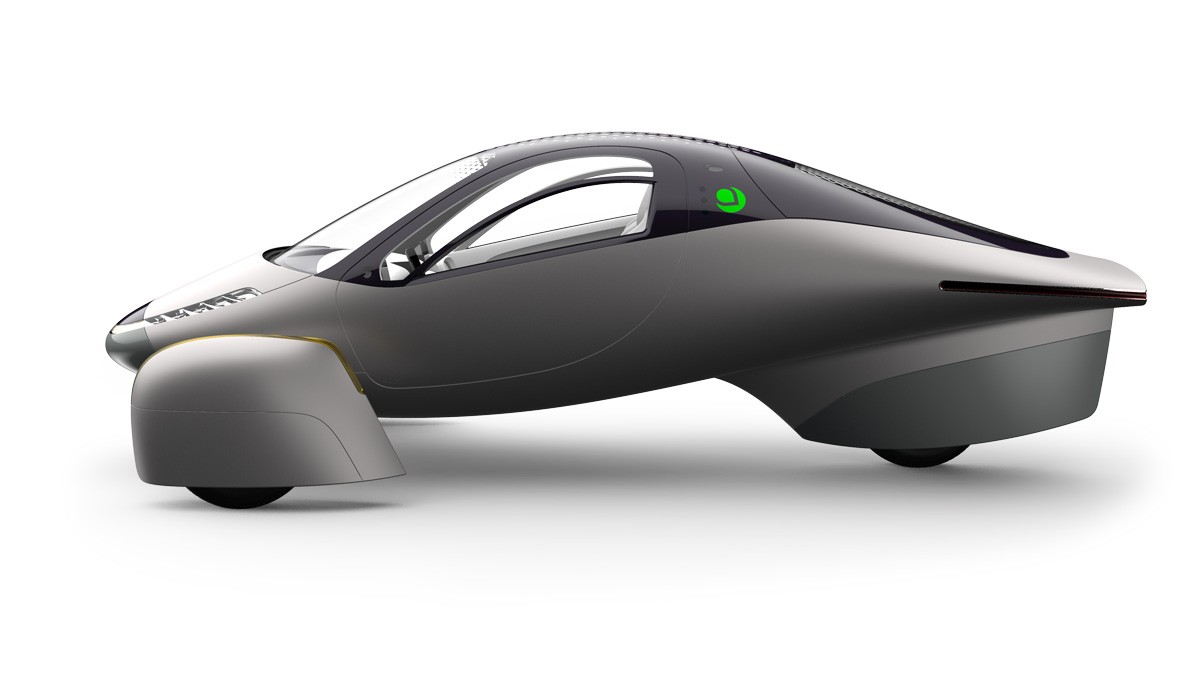- Sep 19, 2011
- 28,423
- 10,009
- 900
Remember Biden guarantees rid of fossil fuels...
"I guarantee We Are Going To Get Rid of Fossil Fuels” September 06, 2019, 5:49 PM
As temperatures soar, hot weather can have a significant impact on electric cars — affecting both their range and battery health. We explain why and what you can do about it.
Electric vehicles (EVs) are more prone to overheating than conventional cars for two main reasons. One is that batteries in electric vehicles underperform in hot weather because higher temperatures cause electrons in the battery to move slower, reducing the amount of power available.
The second is that EVs don’t rely on a combustion engine to disperse heat. And that lack of an internal combustion engine means there's no efficient way for the battery to cool down, which can cause it to overheat and reduce its range.
HERE estimates that EV range can drop by 15% when temperatures start to go above 95 degrees Fahrenheit.
So avoid traveling long distances during very high temperatures and always try to park your vehicle in the shade.
If the system detects that the battery is getting too hot while charging, it will automatically slow down the rate at which the car charges — this is also known as "thermal throttling".

 www.here.com
It may take 3-5 kW of energy to get a 95 degree car to a comfortable temperature, but it takes only around 1 kW to keep it at 70 degrees.
www.here.com
It may take 3-5 kW of energy to get a 95 degree car to a comfortable temperature, but it takes only around 1 kW to keep it at 70 degrees.

 www.recurrentauto.com
www.recurrentauto.com
"I guarantee We Are Going To Get Rid of Fossil Fuels” September 06, 2019, 5:49 PM
As temperatures soar, hot weather can have a significant impact on electric cars — affecting both their range and battery health. We explain why and what you can do about it.
Electric vehicles (EVs) are more prone to overheating than conventional cars for two main reasons. One is that batteries in electric vehicles underperform in hot weather because higher temperatures cause electrons in the battery to move slower, reducing the amount of power available.
The second is that EVs don’t rely on a combustion engine to disperse heat. And that lack of an internal combustion engine means there's no efficient way for the battery to cool down, which can cause it to overheat and reduce its range.
HERE estimates that EV range can drop by 15% when temperatures start to go above 95 degrees Fahrenheit.
So avoid traveling long distances during very high temperatures and always try to park your vehicle in the shade.
If the system detects that the battery is getting too hot while charging, it will automatically slow down the rate at which the car charges — this is also known as "thermal throttling".

How does hot weather affect electric cars?
Electric vehicles (EVs) are more prone to overheating than conventional cars for two main reasons. One is that batteries in electric vehicles underperform in hot weather because…




